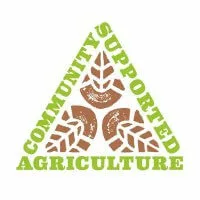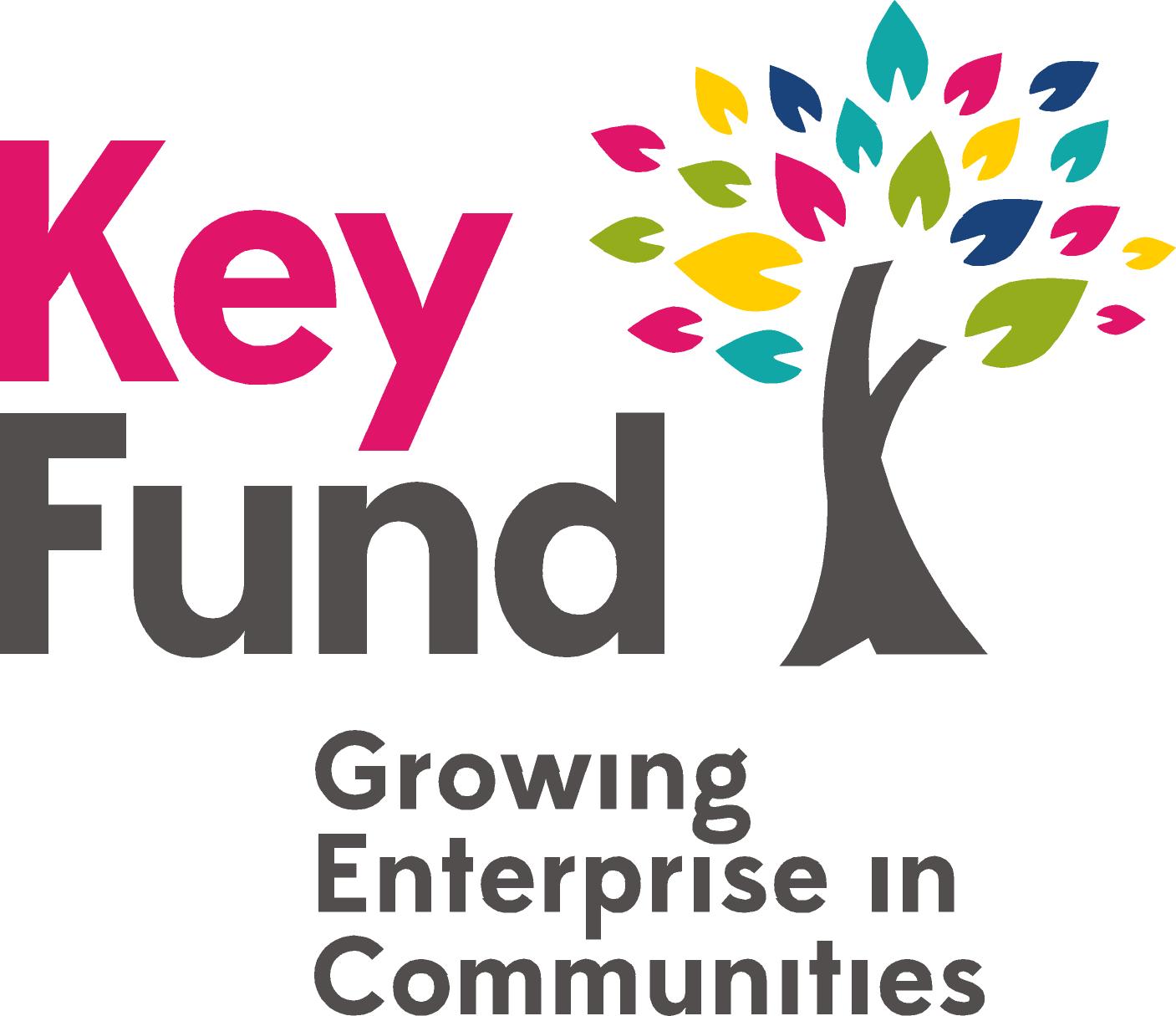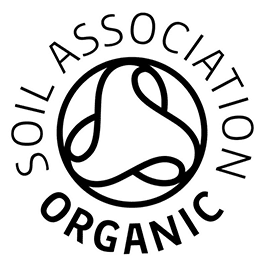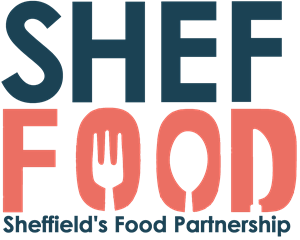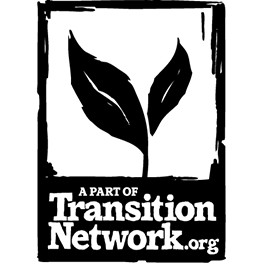
Recently we have started stocking products from Future Greens, they grow micro greens and salad leaves hydroponically.
Future Greens are a young new company based in Sheffield. We are pleased to start offering some of their products via our box scheme. For example their Micro greens which include a colourful mix of earthy amaranth, savoury kale, spicy mustard and juicy pak choi microgreens. The microgreens are grown free of pesticides but not certified organic.
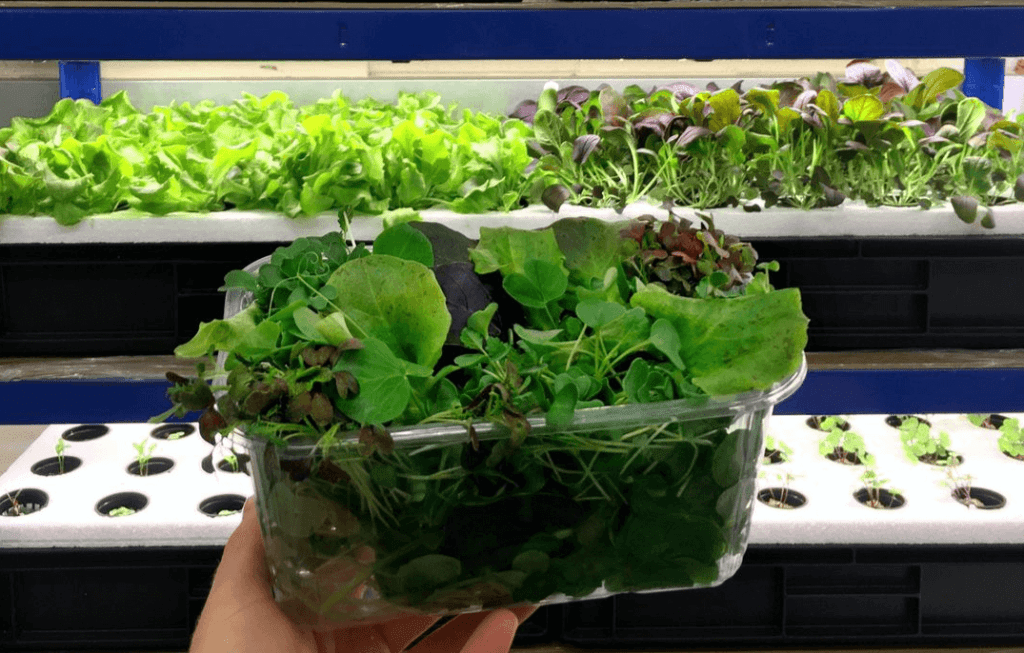
To put it simply, growing hydroponically means growing without soil, instead, growers use nutrient rich water and a variety of growing media like coconut coir, vermiculite or peat. Because of the environmental damage caused by peat extraction, the growers at Future Greens have come up with their own zero-waste, plastic-free, durable medium that they continuously clean, sanitise and reuse.
The Soil Association (the UK organic certifying body) has decided to exclude hydroponics from their certification because they consider it to be “a different system of agriculture to organic, in definition and in practice”. One of the key differences, is obviously the lack of soil. Organic agriculture is a production system that sustains the health of soils, ecosystems, and people. It relies on ecological processes, biodiversity and cycles adapted to local conditions.
At Regather, we are actively involved in several research projects including with the University of Sheffield, that are exploring how food production can adapt and meet the challenges of climate change. Organic agriculture and hydroponic production both have roles to play, especially in urban environments such as Sheffield.
When we choose what products to stock, we look at local, seasonal and organic as our key deciding factors. As a local product that is championing a new and innovative food production, we are keen to support Future Greens and offer our customers the chance to learn more about different types of food production systems.
“Hydroponic production is completely dependent on external inputs and does not enhance living ecosystems that connect mineral soils, organic matter, billions of microbes fed by the roots of plants, soil animals, and the plants themselves. It’s also important to recognise that only a handful of crops are currently produced hydroponically – mainly salad crops, micro-greens and some soft fruits, so hydroponics will never be a complete solution.”
(Read more thoughts from the Soil Association about this topic here)
If you wish to support a local technologically innovative company based in Sheffield, why not try Future Greens products and add them to your next veg box order. Find them in our Shop here.

